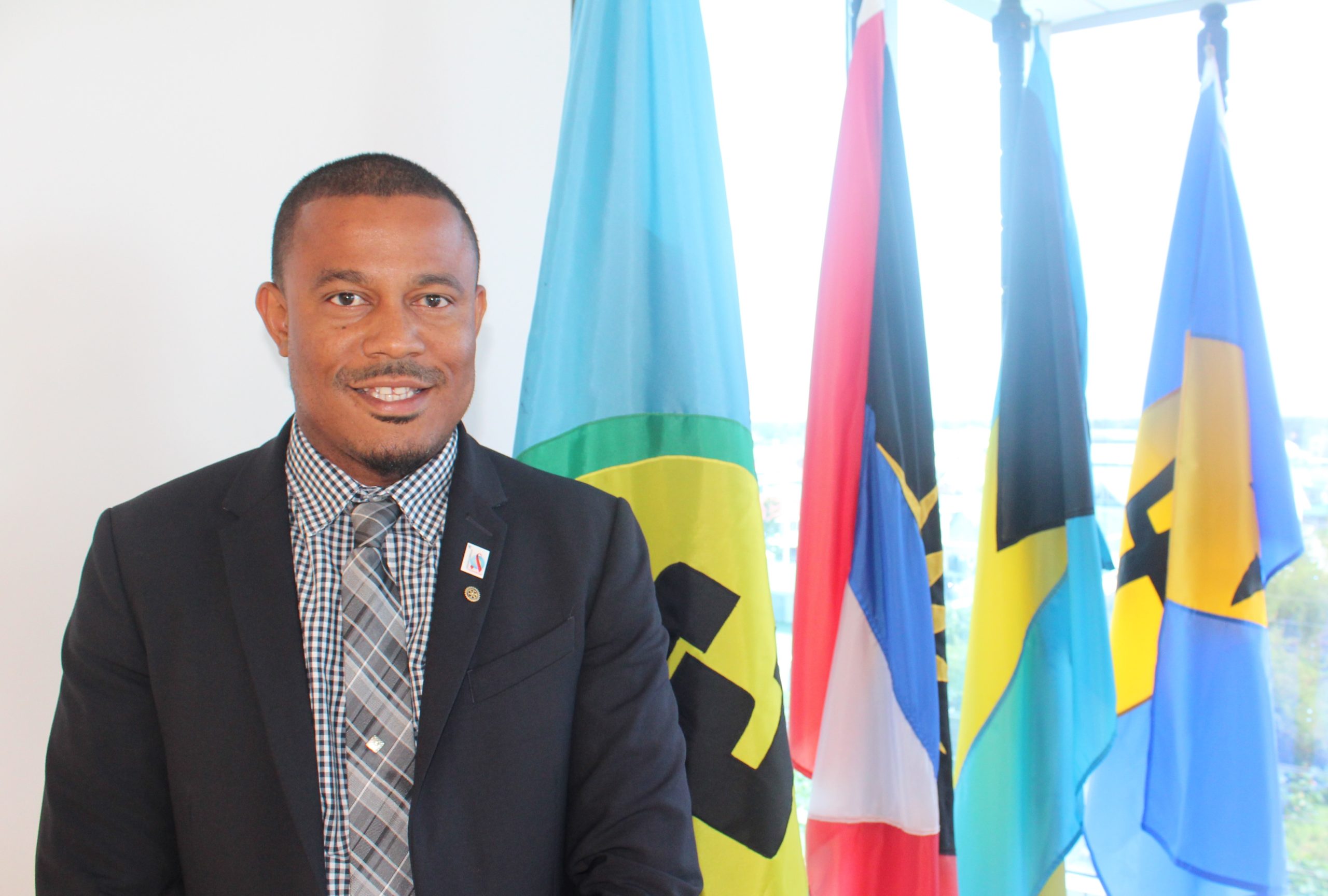
Message from Dr Rosmond Adams, Director, PANCAP – June 2020COVID-19 Continues to Challenge the Regional HIV Response
As the Caribbean Region continues to implement mitigation strategies to ensure the continuity of care for HIV during the COVID-19 pandemic significant challenges are still present and require a coordinated multisectoral response to stay on track if we are to end AIDS in the Region by 2030.
One of the most significant challenges faced by the region is financing healthcare, particularly financing and sustaining the National and Regional HIV response. COVID-19 has caused funds to be diverted to the pandemic response, which could result in a decrease in HIV funding. At the same time, external funders continue to withdraw from the region, reducing the availability of this level of funding, that is a significant contributor to many national programmes.
It is critically important for countries to sustain health gains and increase investments in the National HIV response.
How can countries commit to this in these challenging times?
Many of the countries in the region are tourism-dependent, and so COVID-19 will negatively impact these economies as this sector continues to take a beating.
As the pandemic continues to impact countries, additional resources are required to contain the spread of the virus and to provide health care to those affected. The COVID-19 response will continue to demand more resources. Hence, the possibility of getting additional funds at the national levels for HIV is virtually impossible.
The Caribbean region, being mostly Small Island Developing States (SIDS), is very vulnerable to disasters. One common challenge is our vulnerability to natural disasters, especially the impact of hurricanes. With these adversities, the HIV response will not only be disrupted but there is the potential for economic challenges and implications for health budget allocation.
These challenges are real and continue to be compounded by the pandemic. It is crucial that as we sail these turbulent waters, we build capacity to govern and sustain the national and regional HIV response. There is the need to invest in health financing systems to ensure that the limited resources are managed wisely. Despite these challenges, we have to continue to push for increased domestic funding. Additionally, data continues to be a challenge; we have to look for ways for improving data use for planning, resource allocation and efficient service delivery models that can withstand COVID-19 and other emerging challenges.
WHAT IS PANCAP?
PANCAP is a Caribbean regional partnership of governments, regional civil society organisations, regional institutions and organisations, bilateral and multilateral agencies and contributing donor partners established on 14 February 2001. PANCAP provides a structured and unified approach to the Caribbean’s response to the HIV epidemic, and coordinates the response through the Caribbean Regional Strategic Framework on HIV and AIDS to maximise efficient use of resources and increase impact, mobilise resources and build the capacity of partners.
What are the Global AIDS Strategy 2021–2026 targets and commitments?
If targets and commitments in the strategy are achieved:
- The number of people who newly acquire HIV will decrease from 1.7 million in 2019 to less than 370 000 by 2025
- The number of people dying from AIDS-related illnesses will decrease from 690 000 in 2019 to less than 250 000 in 2025.
- The goal of eliminating new HIV infections among children will see the number of new HIV infections drop from 150,000 in 2019 to less than 22,000 in 2025.
What are the 95-95-95 Targets for ending AIDS?
- 95% of People Living with HIV know their HIV status;
- 95% of people who know their status on treatment; and
- 95% of people on treatment with suppressed viral loads.
HELPFUL LINKS:
Global AIDS Strategy 2021–2026, End Inequalities, End AIDS
https://pancap.org/pancap-documents/global-aids-strategy-2021-2026-end-inequalities-end-aids/
Caribbean Regional Strategic Framework on HIV and AIDS (CRSF) 2019-2025
https://pancap.org/pancap-documents/caribbean-regional-strategic-framework-2019-2025/
